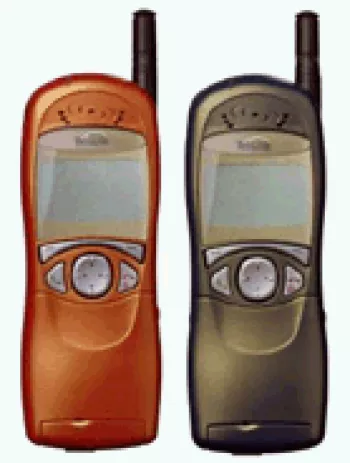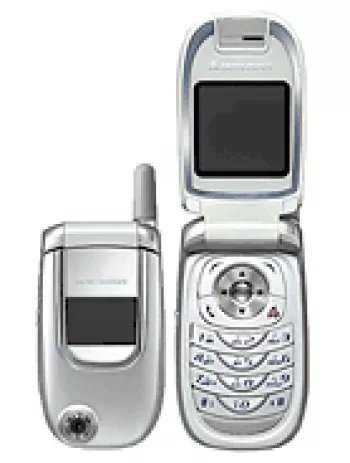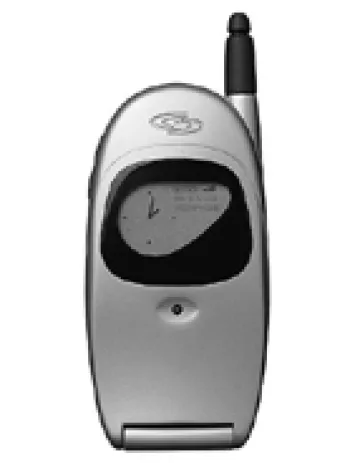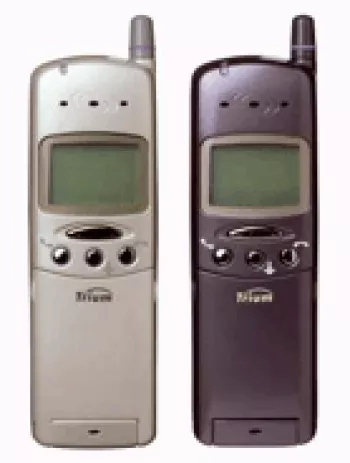Comprehensive Review of the Mitsubishi Trium Neptune Specs Pricing Pros & Cons
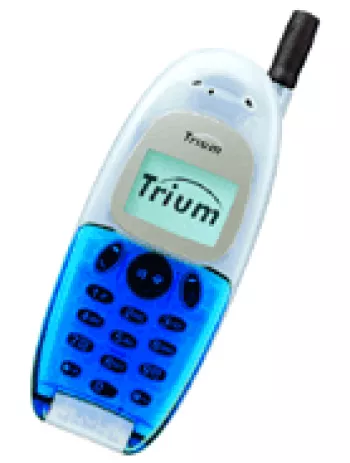
Introduction to Mitsubishi Trium Neptune
The Mitsubishi Trium Neptune is a feature phone that was introduced to the market in the year 2000. At a time when mobile technology was still in its nascent stages, the Trium Neptune was a fascinating device that showcased the innovative capabilities of its era. Known for its simplistic design and basic functionalities, the Trium Neptune caters to users who value simplicity and efficiency over the advanced features found in modern smartphones. Here, we delve into the detailed aspects of this iconic device, analyzing its features, specifications, and its impact on the mobile phone market.
Design and Build
The design of the Mitsubishi Trium Neptune is emblematic of early mobile phones, with its dimension measuring 120 x 50 x 28 mm and a weight of 120 g. Its form factor is notably thick compared to contemporary standards, however, it was quite typical for phones of its time. The device sports a minimalistic look, with a monochrome graphic display that was common for devices launched in that era. It utilized a Mini-SIM card, which was the standard SIM size back then. The overall design aesthetic is simple and functional, aimed at ease of use rather than fashion appeal.
Display Features
Equipped with a monochrome graphic display, the Trium Neptune's screen showcases basic text and simple graphics. The resolution supports 5 x 13 to 25 characters, allowing for basic navigation, selection options, and message composition. While this may seem quite modest by today's standards, it was sufficient for the primary phone functions during its time of release.
Network and Connectivity
The Mitsubishi Trium Neptune operates on GSM technology, supporting 2G bands with frequencies of GSM 900 and 1800. However, it lacks data connectivity options like GPRS or EDGE, which have become standard in later mobile devices. The absence of Bluetooth, WLAN, or any positioning system further highlights its basic functionality, as these technologies were either rudimentary or not yet widely implemented during its release.
Battery Life
The device is powered by a removable NiMH 800 mAh battery. This capacity allows for up to 130 hours on standby and offers around 3 hours of talk time. Considering the low power consumption of its monochrome display and limited functionalities, the battery performance would have been deemed quite satisfactory for users at the time.
Storage and Memory
Storage capabilities on the Trium Neptune are minimal, with no card slot available for memory expansion. The phonebook supports up to 100 contacts, a relatively standard capacity that aligns with the device’s primary function as a communication tool. Additionally, it maintains records of 10 dialed, 10 received, and 10 missed calls, providing users a basic log to manage their call history.
Audio and Sound
In terms of sound, the Mitsubishi Trium Neptune features a built-in loudspeaker and supports vibration and monophonic ringtones for alerts. However, it lacks a 3.5mm jack, which means external headphone support is absent. The audio features are straightforward, catering to the basic needs of alert notifications and call sounds.
Operating System and Interface
Operating as a feature phone, the Trium Neptune offers an uncomplicated user interface. It supports SMS messaging and includes a WAP 1.1 browser, allowing for very limited internet access. The presence of essential utilities like a clock, an alarm, and a few simple games enhances the practicality of the device. Users also had the option to operate the device in one of eight different languages, providing a degree of customization for diverse user preferences.
Conclusion
The Mitsubishi Trium Neptune stands as a testament to the early stages of mobile phone technology. While it lacks the advanced features and connectivity options that modern users may expect, it served its purpose effectively during its era by offering reliable communication solutions. For collectors and technology enthusiasts, it represents a bygone era when mobile devices were judged more for their direct functionality than the array of features they offered. The Trium Neptune may no longer be in production, but its legacy continues to be appreciated by those who witnessed the evolution of mobile technology firsthand.
Key Features of Mitsubishi Trium Neptune
- GSM 900 / 1800 Technology
- Compact Dimensions: 120 x 50 x 28 mm
- Lightweight: 120 g
- Monochrome Graphic Display
- Phonebook Capacity: 100 Entries
- Tracks Call Records: 10 dialed, 10 received, 10 missed calls
- Vibration and Monophonic Ringtones
- Messaging Support: SMS
- WAP 1.1 Browser for Basic Internet Access
- Languages Support: 8
- Removable NiMH 800 mAh Battery
- Battery Stand-by Time: Up to 130 hours
- Talk Time: Up to 3 hours
- Available in 3 Colors
Disadvantages of Mitsubishi Trium Neptune
- Limited network support as it only supports GSM 900/1800 bands, no GPRS or EDGE.
- Discontinued status means no ongoing support or updates.
- Monochrome graphic display with very limited resolution and character display capacity.
- No card slot for expandable memory, with only 100 entries available in phonebook.
- No camera feature.
- No 3.5mm headphone jack is available.
- Lacks modern connectivity features such as WLAN, Bluetooth, GPS, Radio, and USB.
- Supports only basic SMS for messaging and a very basic WAP 1.1 browser.
- Short battery life with talk time of only 3 hours and standby time of 130 hours.
View Also
More Phones
All Rights Reserved +14266 Phones © Mobilawy 2025














